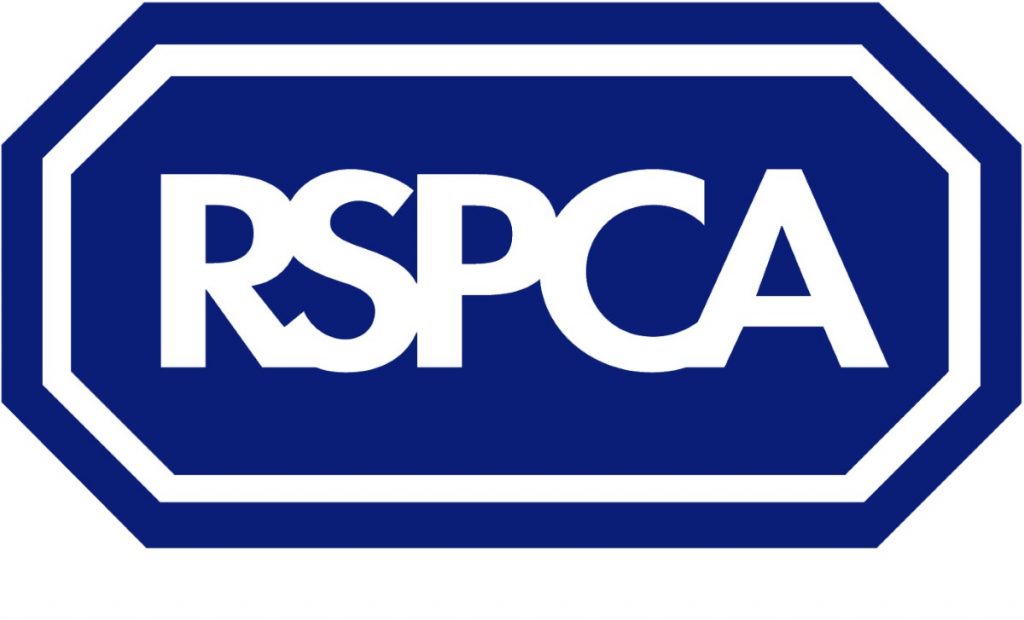Three men given custodial sentences after pioneering forensic techniques used to catch badger killers
Three men have each been sentenced to 12 weeks in custody for killing a badger after the RSPCA and forensic experts matched the DNA from the dead animal to one of the culprit’s bloodied clothes.
Antonio Miguel Alonso-Brown, Liam Darren Swift and Nathan Swift – who all come from the Rotherham area – were also banned from keeping dogs for life during a hearing at North East Derbyshire & Dales Magistrates’ Court, in Chesterfield, yesterday (26.2.15).
They had previously admitted unlawfully killing a badger at land near St John’s Road, Unstone, Derbyshire, on 22 June last year, in breach of the Protection of Badgers Act 1992.
It is the first time ever the badger DNA profiling technique has been used to match a dead animal to samples taken from the people who killed it. It was made possible after blood on one of the defendant’s clothing matched the DNA of the badger found dead at the scene.
The court was told that a pathologist who examined the badger’s body was unable to determine whether the animal’s smashed skull, the blunt trauma injuries or the puncture wounds were the exact cause of death.
Alonso-Brown, 24, of Shelley Drive, Herringthorpe and Nathan Swift, 20, of Hague Avenue, Rawmarsh, were caught by officers from Derbyshire Police as they attempted to flee the scene in a car.
Liam Swift, 24, and also of Hague Avenue, Rawmarsh, was found hiding in a nearby field after the police used thermal imaging cameras on a helicopter flying overhead.
Chief inspector Ian Briggs, from the RSPCA’s special operations unit, said: “This case demonstrates perfectly how modern forensic techniques can be applied to animal cruelty cases in order to catch those who might previously have evaded justice.
“By working closely with the Wildlife DNA Forensic unit at the Scottish Government’s Science and Advice for Scottish Agriculture (SASA) we have been able to not only catch these men, but connect them specifically to the badger they killed and use that evidence to prove the case in court.
“Using such advanced science as this in animal welfare prosecutions might have been unheard of just a few years ago but it is now a valuable tool in proving cruelty.
“This was the first time we’d worked with the Wildlife DNA Forensic unit at SASA in this way, but after it has proven such a huge success I’m sure it won’t be the last.”
After the men were apprehended by police, the dead badger was found in an area of freshly backfilled earth during a search of the area.
Police officers also found locator collars – used to track dogs underground – in the defendants’ vehicle, as well as three shovels and six dogs which were seized and placed into the RSPCA’s care.
DNA was taken from blood and hair found on one of the shovels, as well as from a blood stained vest, and was matched to that of the dead badger.
Dr Lucy Webster, from the Wildlife DNA Forensics at the Scottish Government’s Science and Advice for Scottish Agriculture (SASA), said: “The badger DNA profiling system is a powerful tool to link a suspect to a specific badger crime.
“This is the first case to use this system, and it illustrates one way that animal DNA evidence is being used to bring those who are cruel to animals to justice.”
Magistrates said they considered the crime serious enough that it crossed the custody threshold because the men had deliberately set out to kill a badger.
All three were also ordered to pay a victim surcharge of £80 each.
RSPCA, Wilberforce Way, Southwater, Horsham, West Sussex RH13 9RS
Press office direct lines: 0300 123 0244/0288 Fax: 0303 123 0099
Duty press officer (evenings and weekends) Tel 07825 158490
Email: press@rspca.org.uk Website: www.rspca.org.uk





-01.png)